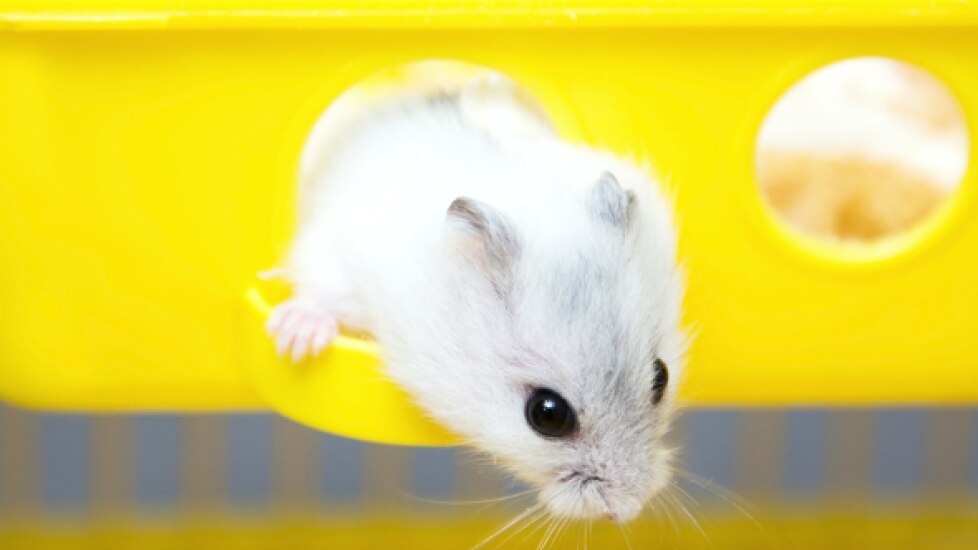Vitamin E Deficiency in Hamsters
Often due to an improper diet, vitamin E deficiency can affect a hamster's immune response, making it prone to disorders such as mastitis and anemia. An antioxidant, vitamin E also plays an important role in the protecting various cells and membranes in an animal's body.
Providing your hamster with an appropriate, balanced diet is the best way to prevent Vitamin E deficiency, though your veterinarian may be able to provide you with supplements.
Symptoms
Adult hamsters suffering from vitamin E deficiency may exhibit muscle paralysis, stiffness or joints, and lameness. Pregnant hamsters, which are more prone to this deficiency disorder, may give birth to stillborn pups due to the degeneration of the fetuses' nervous system. The skull and/or spine of the offspring may be swollen with blood, and the mother may even eat its pups.
Causes
Adult hamsters, both male and female, may be affected with vitamin E deficiency due to improper nutrition. However, pregnant hamsters and young hamsters are known to suffer from this disorder more frequently.
In young hamsters this is due to the lack of balance between the dietary availability of vitamin E and the excess requirement needed to support rapid growth. Excess fat in a hamster's diet may also lead to vitamin E deficiency.
Diagnosis
Vitamin E deficiency can be diagnosed by observing the clinical signs as well as by conducting laboratory examinations to determine the level of vitamin E in the hamster's blood. However, estimation of vitamin E in blood is a very complex process and results obtained are not always accurate.
Treatment
Your veterinarian might treat vitamin E deficiency by administering vitamin E capsules, though he or she will more likely devise a plan for proper dietary management to stabilize the hamster's vitamin E levels.
Prevention
Vitamin E deficiency can often be prevented by providing your pet with an appropriate, balanced diet. If you suspect your hamster is pregnant, check with your veterinarian regarding the amount of vitamin E required in her diet and discuss the benefits of supplements.
